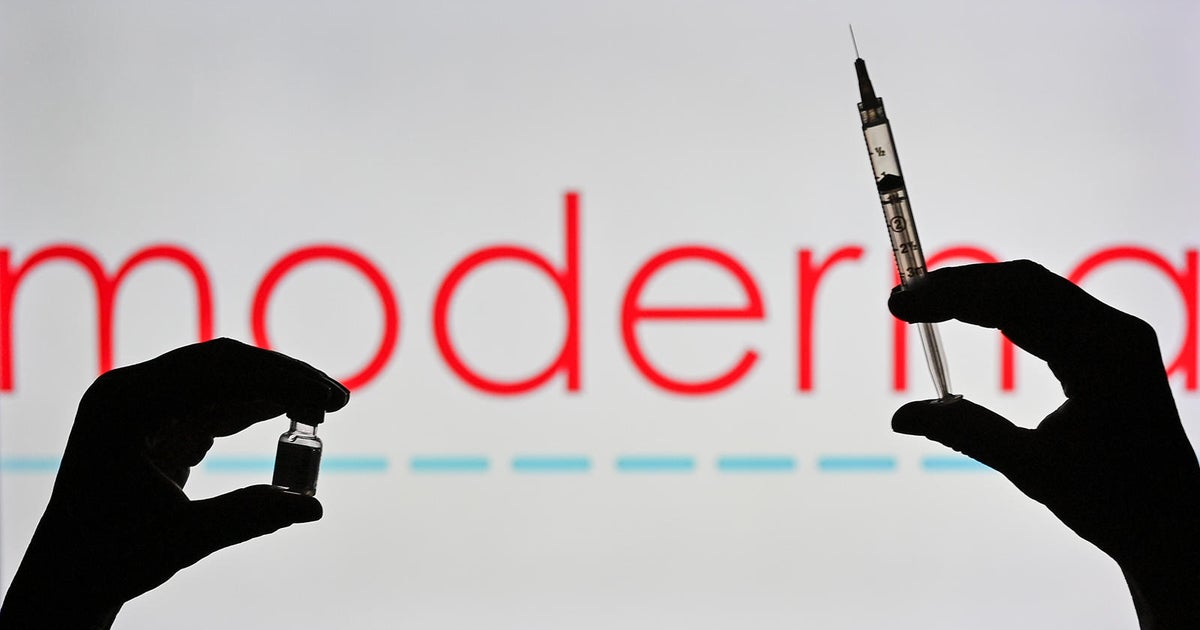Confusion arises as states learn they're receiving fewer doses of Pfizer's COVID-19 vaccine than expected
More than 10 states have been told that the number of doses of the Pfizer COVID-19 vaccine they were expecting to receive next week has been cut, with little information as to why. State officials in Wyoming, Minnesota, Washington, California, Idaho, Iowa, Michigan, Nevada, Oregon, Connecticut and Kentucky have said they've been notified of reductions.
While some states didn't specify the size of the reduction, officials in Washington and Oregon said their states will receive 40% fewer doses than what was expected. California is receiving 160,000 fewer doses than expected. For Michigan, it's nearly 25,000.
Washington Governor Jay Inslee tweeted that the news was "disruptive and frustrating." The state department of health said this reduction could impact how quickly they can vaccinate long-term care residents and other vulnerable populations.
A senior administration official said states were notified of the changes on Tuesday night and that any numbers provided before this week were "potential planning numbers" and should not have been considered concrete promises.
"Potential planning numbers had been provided in previous months with the understanding that they were just that: potential. States were told they would get final allocation before official allocation numbers a week before, depending on the amount of doses available from manufacturers," the official said.
It's unclear what's causing the reduction in planned shipments. U.S. Health and Human Services Secretary Alex Azar said Thursday on CNBC that Pfizer will "need help" from the U.S. on manufacturing but that it will be up to the company to accept the help.
"Pfizer has got a different relationship with us," Azar said. "They're part of Operation Warp Speed. We have a $2 billion commitment for the first hundred million doses, but they've kept things more arm's length at their insistence throughout."
Pfizer said it is "not having any production issues with our COVID-19 vaccine, and no shipments containing the vaccine are on hold or delayed." The company also said it had millions of doses sitting in warehouses awaiting shipping instructions.
An HHS spokesperson did not directly address claims the company was awaiting instructions, but said to the department's knowledge, Pfizer had 7 million doses on hand, which included 2 million first doses set to ship next week, 500,000 reserve doses, and 4.9 million second doses that will be provided for those receiving their first shots this week and next.
"Although Pfizer announced earlier this year it was reducing its global production estimates for 2020 from 100 million doses to 50 million doses, it assures us the United States is on track to receive at least 20 million doses by the end of December, although we await final confirmation," the agency said.
On Thursday, the Department of Health and Human Services released data on where the first doses of the Pfizer vaccine were sent. Distribution is based on each state's population, with California and Texas leading the nation in total doses received, followed by Florida, New York and Illinois.
CBS News has reached out to every state and major municipality to track the rollout of the vaccine. Among the 26 states where personnel data was provided, there are enough expected Pfizer doses arriving this week to, on average, give the first shot to 1 in 5 of the health care workers who qualify for the first phase of vaccine doses. For example, 16% of California's 2 million health care workers could be covered by the 327,600 initial Pfizer doses the state received.
The Pfizer vaccine is likely to go somewhat further than initially expected after hospitals realized there was extra vaccine in the vials — sometimes six or seven full doses instead of the five they were told. The FDA gave the green light Wednesday for hospitals to use the extra doses, which could allow them to vaccinate hundreds more employees from the first shipments.
While future allocations of Pfizer's vaccine remain up in the air, there's promising news about the supply of vaccines overall after an FDA advisory panel voted Thursday to recommend Moderna's COVID-19 vaccine. Once the FDA issues the emergency authorization, federal officials have said roughly 6 million doses of Moderna's vaccine will be shipped next week.
Alexander Tin contributed reporting.



